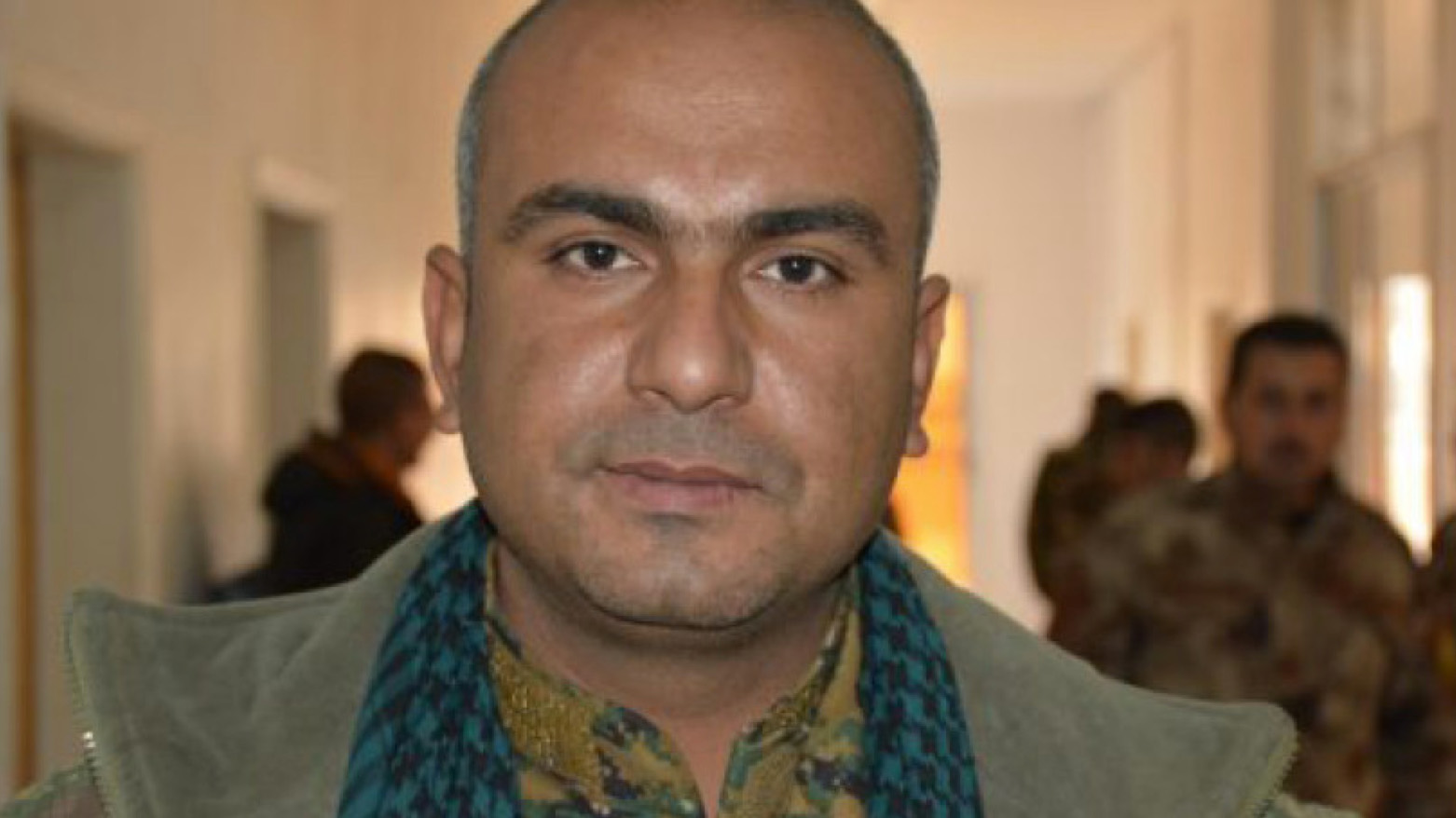
The recent surge in unrest in the Autonomous Administration of North and East Syria (AANES) -controlled areas of northeastern Syria has brought to light the challenges faced by the region. From tribal uprisings in Deir Ezzor to general strikes in Manbij, the situation demands immediate attention and resolution.
Over the past week, tribal forces have launched military operations targeting SDF positions in various towns, including Zaghir Jazira, Al-Hajna, Al-Jardhi, Al-Shanan, and Al-Shuhail. The attacks culminated in a significant strike on the General Security headquarters in the city of Hajin.
In a surprising turn of events, an agreement has been reached between the Al-Bakir clan and the SDF militias. Former Deir Ezzor Military Council leader, Ahmad al-Khubail Abu Khawla, whose previous dismissal precipitated the initial uprising that began in July of this year, is set to be reinstated to his former position.
His reinstatement is contingent upon his leadership in the fight against tribal forces and the reactivation of the Deir Ezzor Military Council as the “Arab” contingent of the SDF. This move is seen as a strategic effort to quell the ongoing tribal uprising and shows the level the crisis has reached as the SDF previously removed Abu Khawla under accusations of corruption, criminality, and being “unfit” to head the council or serve in the SDF.
Meanwhile, in the city of Manbij, a general strike has been announced in much of the city to protest the SDF militia’s policies, including random arrests, forced conscription, and alleged corruption and economic policies. The Revolutionary Council of Trustees in Manbij (RCTM) and its countryside has cited the deteriorating living conditions and the imposition of high taxes on shops and money exchange offices as key grievances. The SDF’s management of civilian affairs and its handling of economic matters have come under intense scrutiny, leading to widespread discontent and the initiation of a general strike.
The grievances outlined in the statement released by the General Secretariat of the RCTM shed light on the various economic impositions imposed by the SDF administration. These include exorbitant taxes on goods, money exchange operations, goldsmiths, real estate, cement, iron, agriculture, and other sectors. The alleged monopolization of essential commodities such as sugar, iron, and cement, and poultry and the imposition of high fees and customs on agricultural produce have further fueled public dissatisfaction.
Fees and taxes on land often exceed the cost of the land itself (by up to $3,000), money changers must purchase a license for $75,000, and gold shops are charged annual fees between $3,000 to $7,000 as well as up to $600 in fees per transaction. Iron and cement, on which the SDF has a monopoly, are more expensive than in other parts of northern Syria with cement more than double the price as in other regions.
The tribal uprisings in the east, which have led to the return of an individual previously removed due to accusations of corruption alongside ongoing dissatisfaction with administrative and systemic corruption in the north leave serious concerns for the viability of the AANES’s ability to gain the support of the people.









